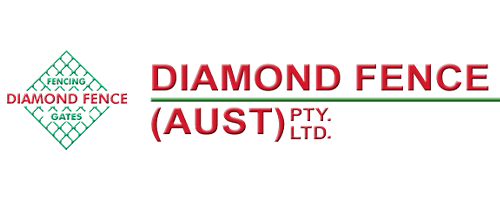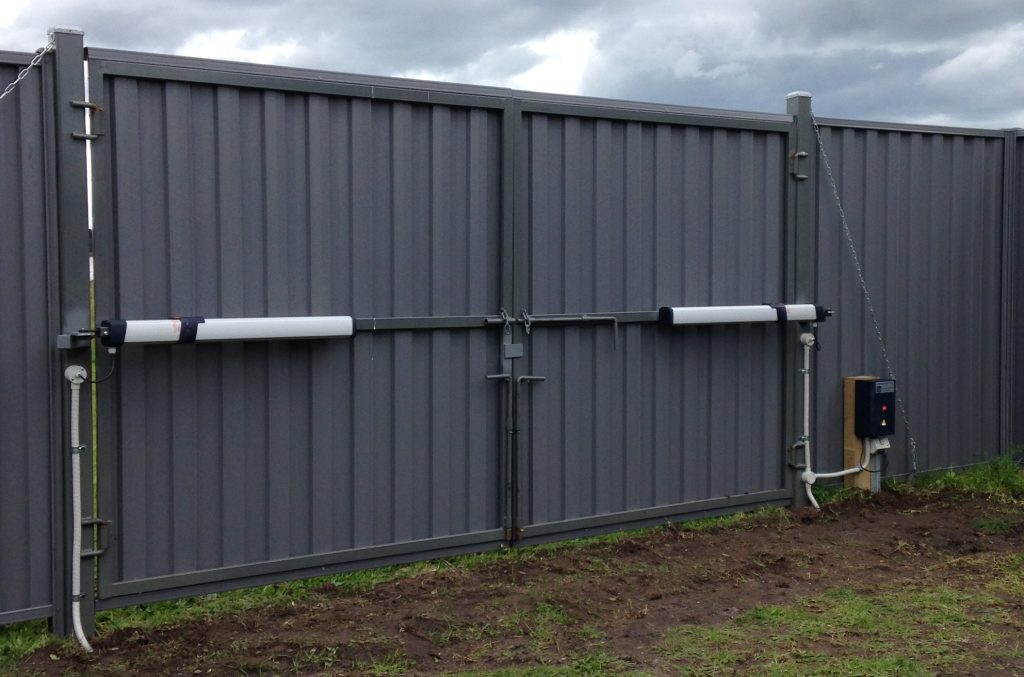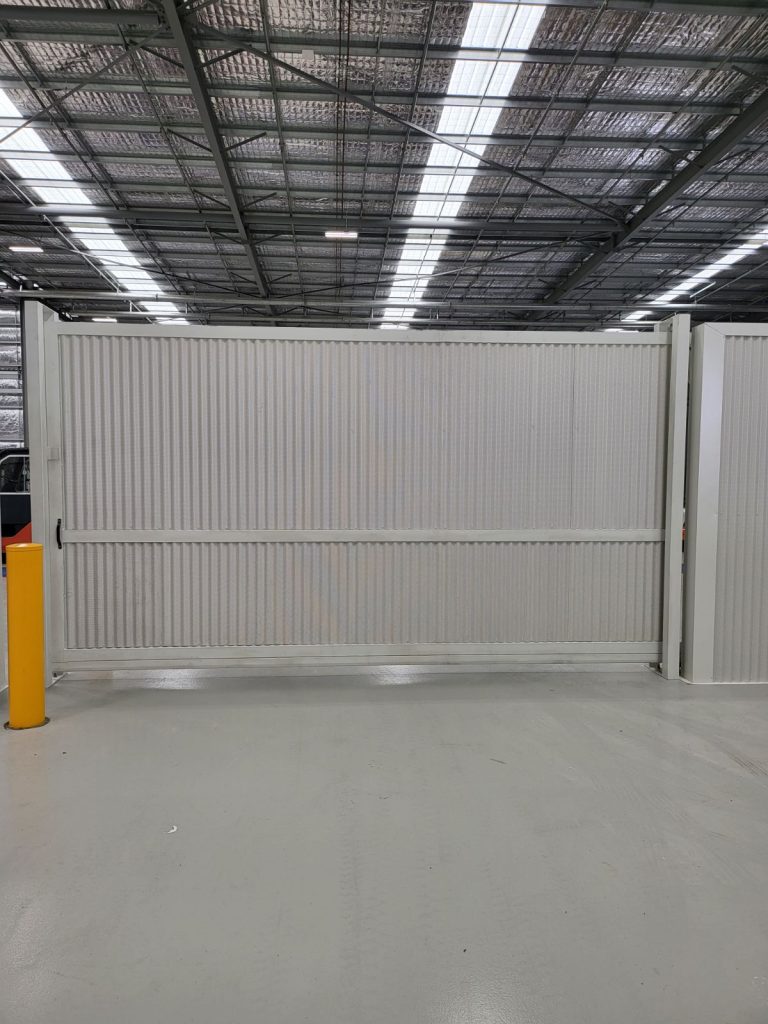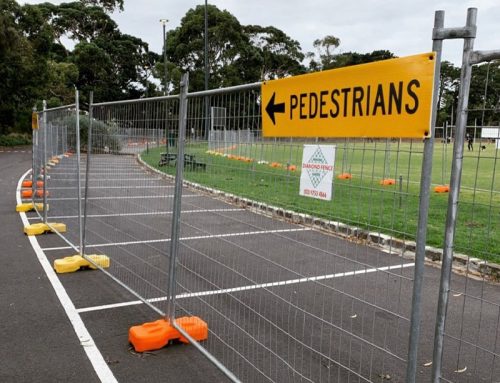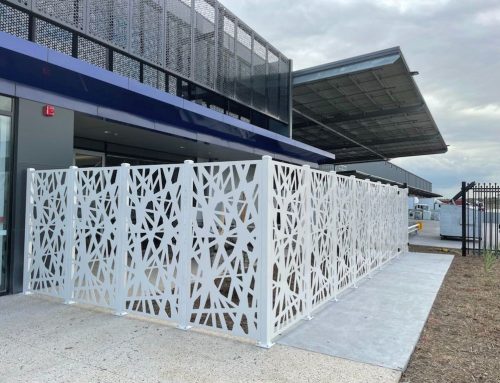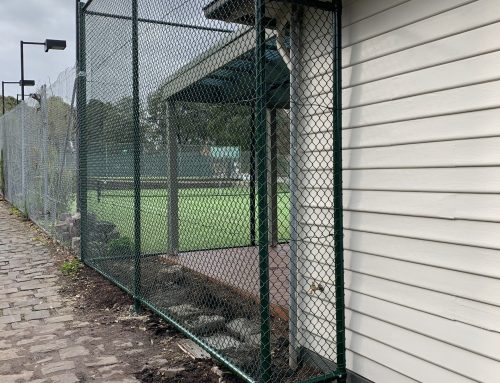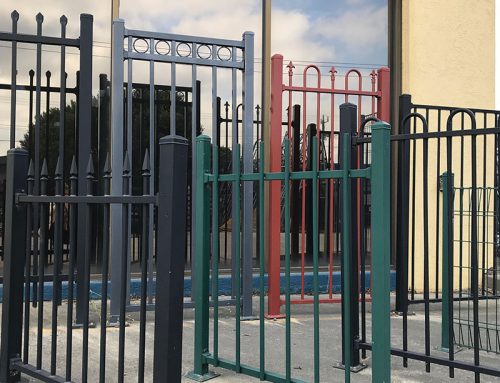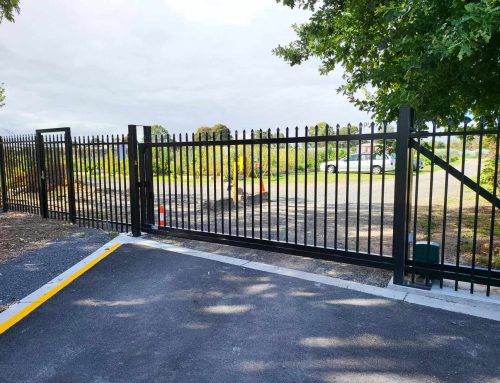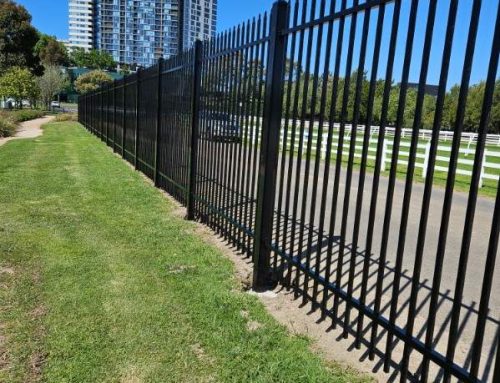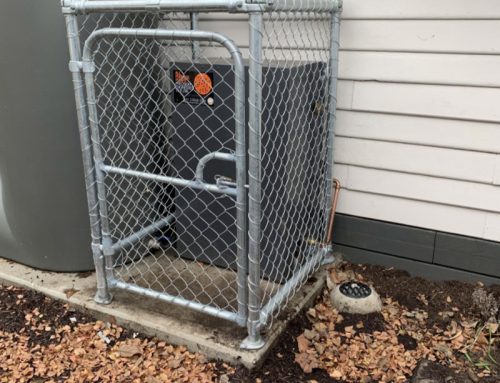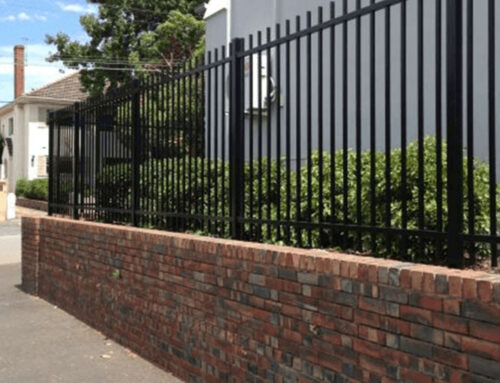Industrial indoor gates offer numerous benefits to various businesses and facilities, and this blog post will focus on exactly that. We will look into the top five reasons why industrial steel gates are beneficial, the difference between indoor and outdoor gates, and how to maintain indoor gates to ensure their longevity and functionality.
Benefits of industrial indoor steel gates
Below are five key advantages of indoor gates:
- Enhanced Security. Industrial indoor steel gates enhance the security of your indoor spaces. They help protect valuable assets and equipment and control access to sensitive areas.
- Workplace Safety. Indoor gates improve the safety of your indoor spaces as they prevent accidents that typically happen if there are intersecting operational zones. For example, pedestrians in high-traffic machine-operating zones.
- Durability and Longevity: As most indoor gates are made out of steel, they are very durable. Also, being highly resistant to wear and tear, steel gates can withstand heavy usage, impacts and environmental factors.
- Aesthetics. Industrial steel gates contribute to the overall ambiance of the space. Steel gates can be customised using different finishes and colours (powder coating).
- Fire Resistance: Steel gates offer a degree of fire resistance, which can be essential for industrial settings.
The key differences between industrial indoor and outdoor gates
Industrial indoor and outdoor gates have distinct purposes based on their location and functionality. Below you can find the key differences between these two types of gates.
Location
-
- Industrial Indoor Gates are typically installed within the confines of a building or structure. Their main application is to control access, partition spaces and enhance security within indoor settings. Quite frequently, you can find them in various warehouses, factories and manufacturing plants.
- Industrial Outdoor Gates, on the other hand, are located outside a facility. Hence, you can find them at various entry points. For example, driveways and parking areas. Their purpose is to prevent unauthorised access to the premises and protect the perimeter of your industrial property.
Purpose
-
- Industrial Indoor Gates are primarily used to segregate areas within a facility to manage workflow, enhance safety, and prevent accidents. Furthermore, indoor gates control access to sensitive areas, equipment or inventory.
- Industrial Outdoor Gates are used to secure the perimeter of an industrial property. They mainly protect against theft and vandalism. Furthermore, these gates assist in maintaining the overall security of the industrial site.
Design
-
- Industrial Indoor Gates are designed with visibility in mind. Materials like steel, mesh or aluminium allow constructing gates that allow seeing through them to be able to monitor what is on the other side.
- Industrial Outdoor Gates are also designed with durability and functionality in mind. However, they can be more robust.
Durability
-
- Industrial Indoor Gates are typically constructed using materials like steel, mesh, or aluminium, as mentioned above, allowing them to be durable and last for many years.
- Industrial Outdoor Gates need extra protection to be protected from various weather factors. They are usually galvanized and then powder coated to help them fight the corrosion.
Aesthetics
-
- Industrial Indoor Gates are designed with indoor aesthetic aspects in mind, as they have to blend in with other interior elements.
- Industrial Outdoor Gates often prioritise functionality over aesthetics, as their main focus is to protect your premises from intruders.
Maintenance of industrial automatic indoor gates
Maintenance of industrial automatic indoor gates is essential in order to ensure proper functionality, as well as extend the lifespan.
Below you can find some maintenance tips for indoor steel gates.
Inspection: You should seek to conduct regular inspections. The aim is to identify signs of wear, damage or malfunction. How to do that? Check for bolts and hinges to make sure they are not loose. Also, check for any misalignment of the gate.
Cleaning should be performed regularly to remove dirt and dust from the gate and its components. Periodic cleaning prevents build-up that could impact the gate’s functionality. It is also advised to include occasional professional maintenance visits by trained technicians. They have the skills and equipment to perform more in-depth inspections. That will allow identifying issues that an untrained eye cannot usually detect.
Lubrication should be applied to any moving parts of the industrial indoor gates. These components include hinges, rollers, tracks and chains.
Electrical Components like sensors, switches, and control panels should be inspected to ensure the wiring is intact. Furthermore, if your gates have any sensors or emergency stops, test them occasionally to ensure they work properly.
Remote Control and Access Systems such as remote controls, keypads, and access card readers should be tested regularly and batteries replaced if required.
Interested in the industrial indoor steel gates? Ask Diamond Fence!
If you are interested in exploring the steel fencing options provided by Diamond Fence in Melbourne and Greater Victoria, we encourage you to reach out to us today!
You can contact us by either sending an email to info@diamondfence.com.au or by placing a phone call to our dedicated line at (03) 9753 4566.
For your convenience, we have also an online enquiry form that offers an efficient means of communicating with us. This form allows you to submit any inquiries or concerns you may have.
We eagerly await the opportunity to assist you further and provide the necessary details regarding your steel fencing enquiry.
